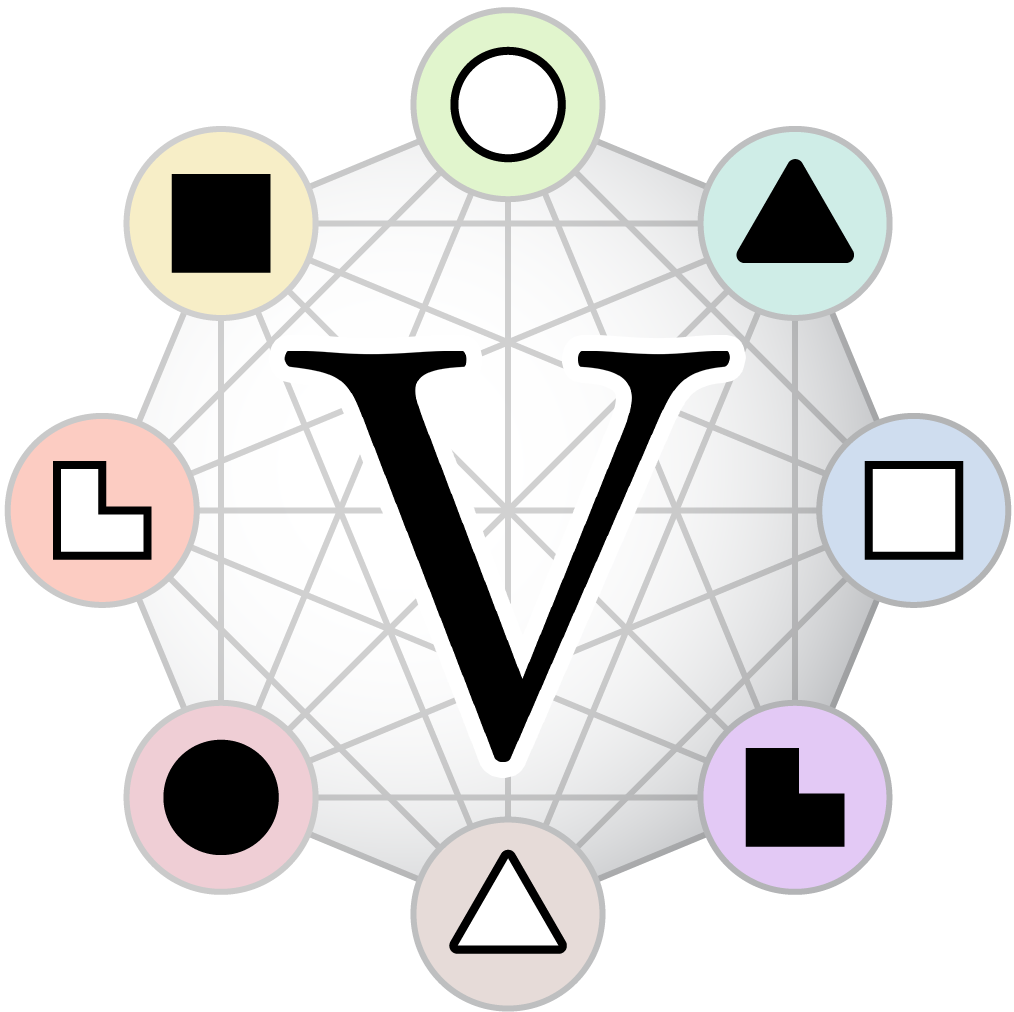Extraversion and introversion (psychology)
The terms extraversion and introversion in modern psychology have somewhat different meanings from socionic extraversion and introversion and even from those of Carl Jung, who popularized the term.
The probable cause of this is that modern psychology focuses on quantifiable external behavior, while socionics focuses more on qualitative internal differences. If one applies the psychological meaning of extraversion and introversion to diagnosing socionic types, there will be numerous mistakes, and the supposed intertype relations between these types will not match reality. In socionics, gregarious introtims and reclusive, focused extratims are possible, though in many or most cases the psychological definitions can be applied.
Extraversion and introversion according to Jung
From Wikipedia:
According to Carl Jung, introversion and extraversion refer to the direction of psychic energy. If a person’s energy usually flows outwards, he or she is an extravert, while if this energy normally flows inwards, this person is an introvert. Extraverts feel an increase of perceived energy when interacting with a large group of people, but a decrease of energy when left alone. Conversely, introverts feel an increase of energy when alone, but a decrease of energy when surrounded by a large group of people.
Most modern psychologists consider theories of psychic energy to be obsolete. First, it is difficult to operationalize mental "energy" in a way that can be scientifically measured and tested. Second, more detailed explanations of extraversion and the brain have replaced Jung's rather speculative theories. Nevertheless, the concept is still in popular usage in the general sense of "feeling energized" in particular situations. Jung’s primary legacy in this area may be the popularizing of the terms introvert and extravert to refer to a particular dimension of personality.
In other words, while Jung's understanding of extraversion and introversion are related to that of modern psychology, the terms are now interpreted differently in practice.
Extraversion and introversion in psychology
In modern psychology, extraverts (sometimes called "extroverts") are gregarious, assertive, and generally seek out excitement. Introverts, in contrast, are more reserved, less outgoing, and less sociable. They are not necessarily asocial, but they tend to have smaller circles of friends, and are less likely to thrive on making new social contacts. According to the Big Five factors, extraversion denotes energy, positive emotions, surgency, and the tendency to seek stimulation and the company of others.
From Wikipedia:
Extraversion (also "extroversion") is marked by pronounced engagement with the external world. Extraverts enjoy being with people, are full of energy, and often experience positive emotions. They tend to be enthusiastic, action-oriented individuals who are likely to say "Yes!" or "Let's go!" to opportunities for excitement. In groups they like to talk, assert themselves, and draw attention to themselves.
Introverts lack the exuberance, energy, and activity levels of extraverts. They tend to be quiet, low-key, deliberate, and less dependent on the social world. Their lack of social involvement should not be interpreted as shyness or depression; the introvert simply needs less stimulation than an extravert and more time alone to re-charge their batteries.
Sample Extraversion items:
- I am the life of the party.
- I don't mind being the center of attention.
- I feel comfortable around people.
- I start conversations.
- I talk to a lot of different people at parties.
- I am quiet around strangers. (reversed)
- I don't like to draw attention to myself. (reversed)
- I don't talk a lot. (reversed)
- I have little to say. (reversed)
- I keep in the background. (reversed)
Extraversion has been linked to higher sensitivity of the mesolimbic dopamine system to potentially rewarding stimuli (Depue & Collins, 1999). This in part explains the high levels of positive affect found in Extraverts, since they will more intensely feel the excitement of a potential reward. One consequence of this is that Extraverts can more easily learn the contingencies for positive reinforcement, since the reward itself is experienced as greater.
Extraversion and introversion in socionics
Socionics' understanding of extraversion and introversion is closer to Jung's than to that of modern psychology. An individual is extraverted if his perception is primarily directed at objects in the outside world, whereas introverts' perception is primarily directed at the way these objects resonate with each other and within the observer's psyche. Extraversion and introversion are not absolute qualities, since half of one's psychic function are extraverted and half introverted. One's perception skips around between extraverted and introverted functions. However, the leading function is most dominant and defines the individual's extraversion or introversion.
While there is probably some correlation between outgoingness and socionics extraversion, this connection is not actually implied in the theory. People of the same type can differ on psychological scales of extraversion, and some socionic introtims are more "extraverted" (i.e. gregarious, sociable) than some extratims. Also, Gamma and Delta types may on average be less extraverted than Alpha and Beta types due to subdued ![]() .
.
